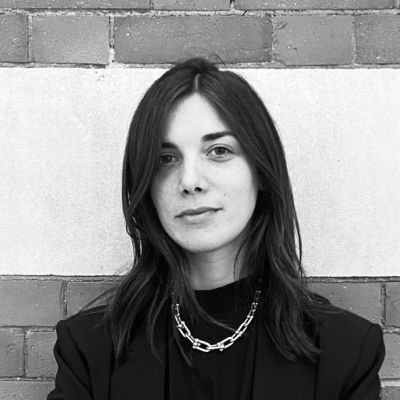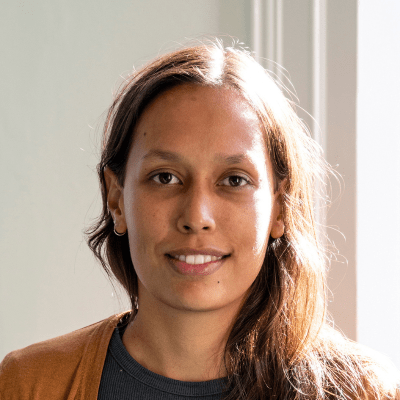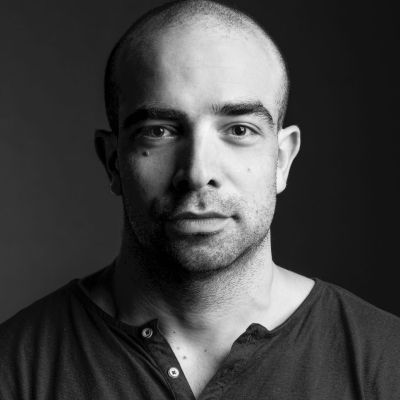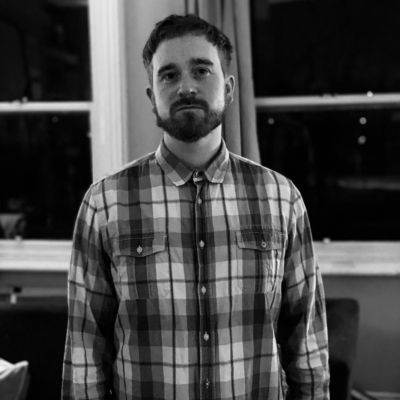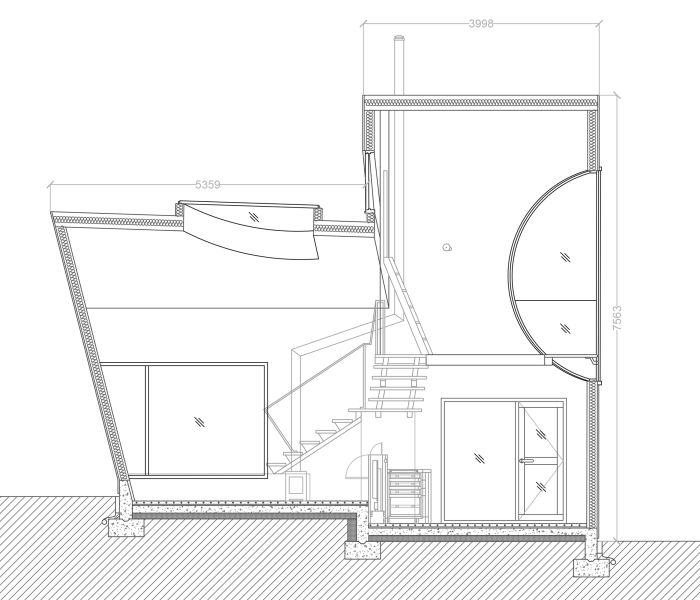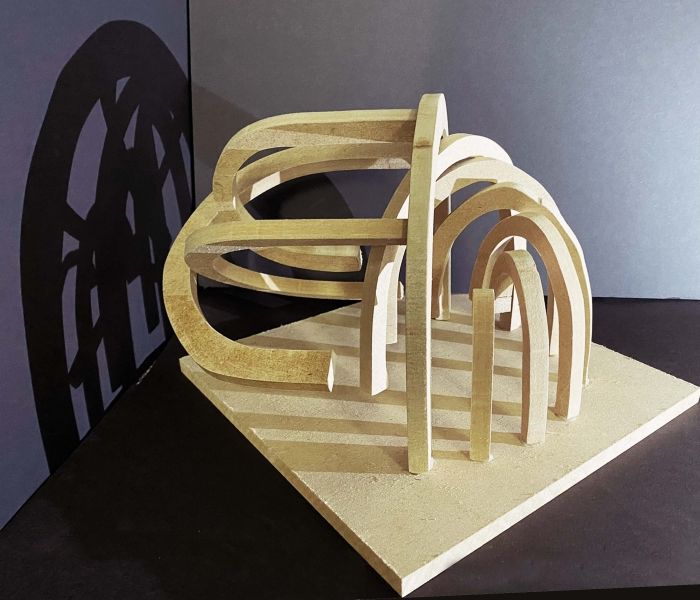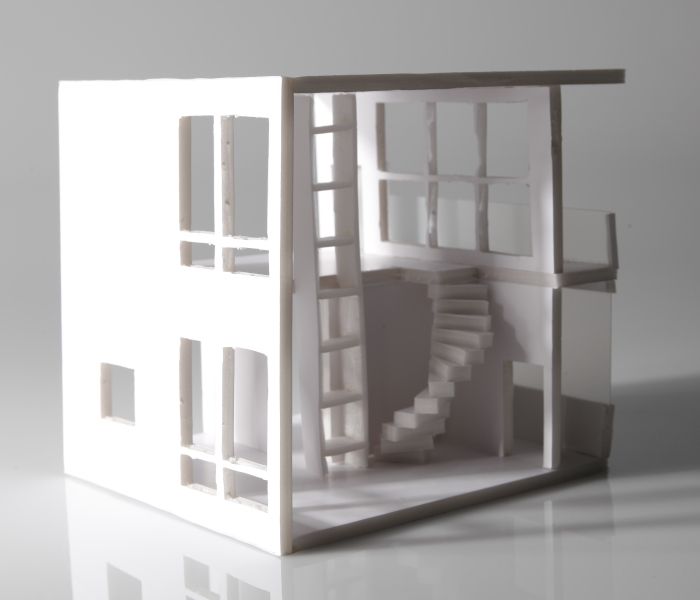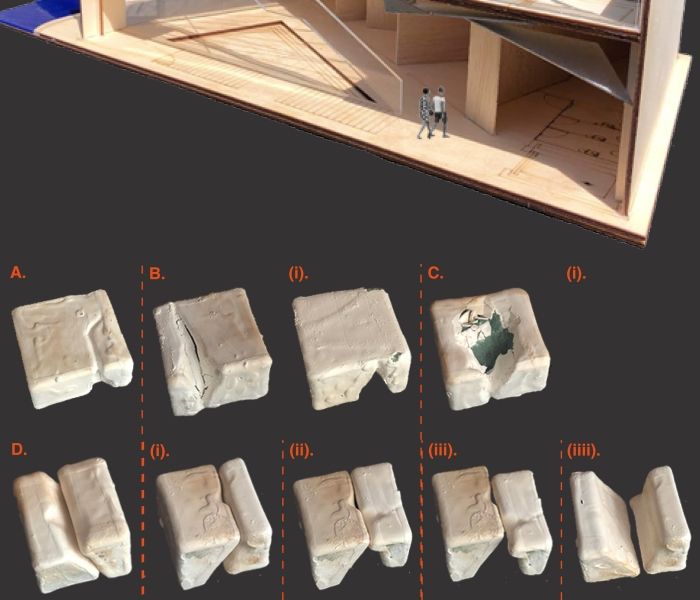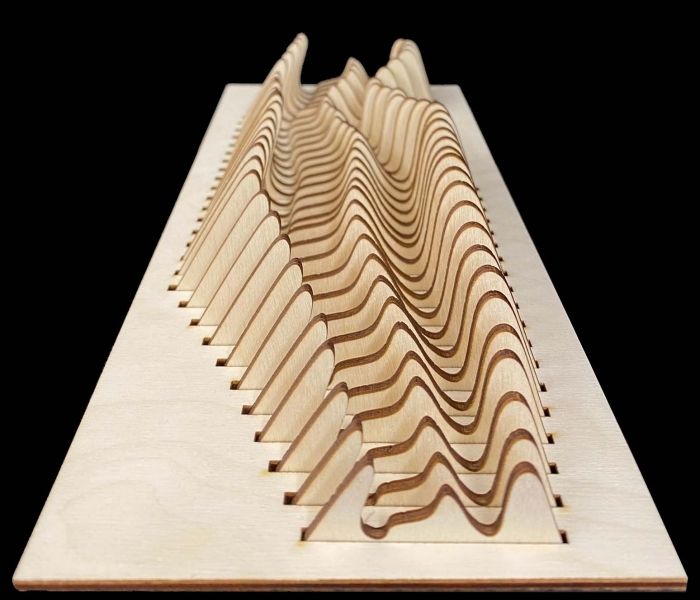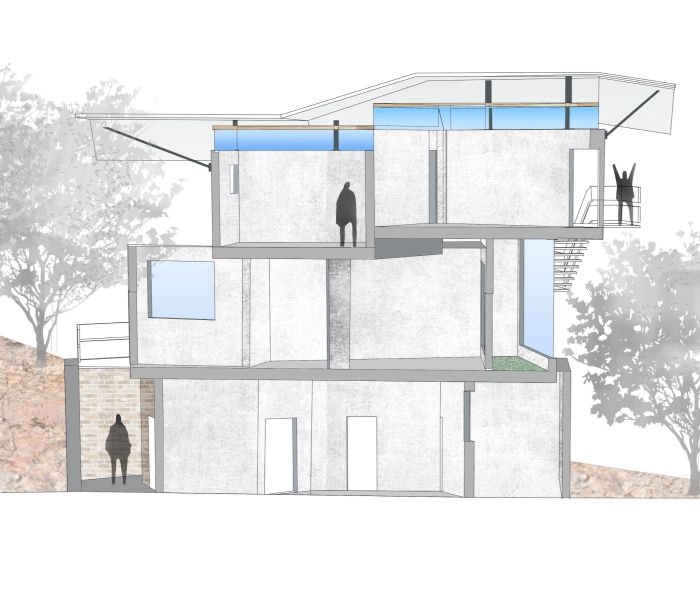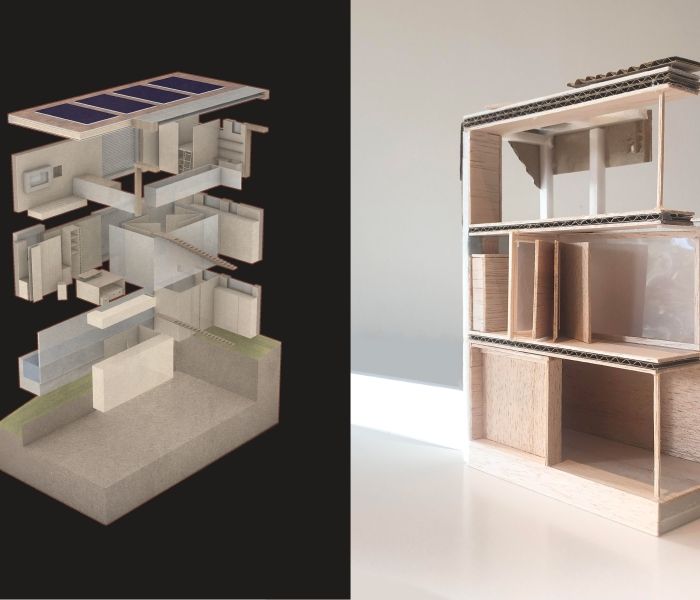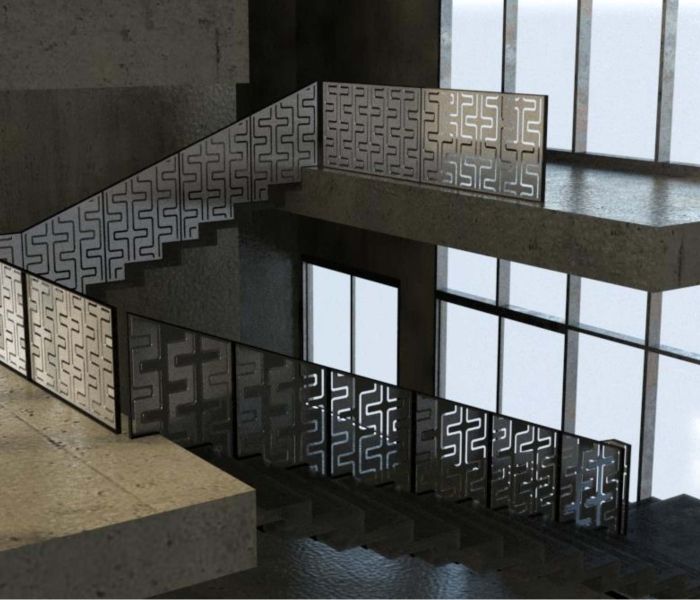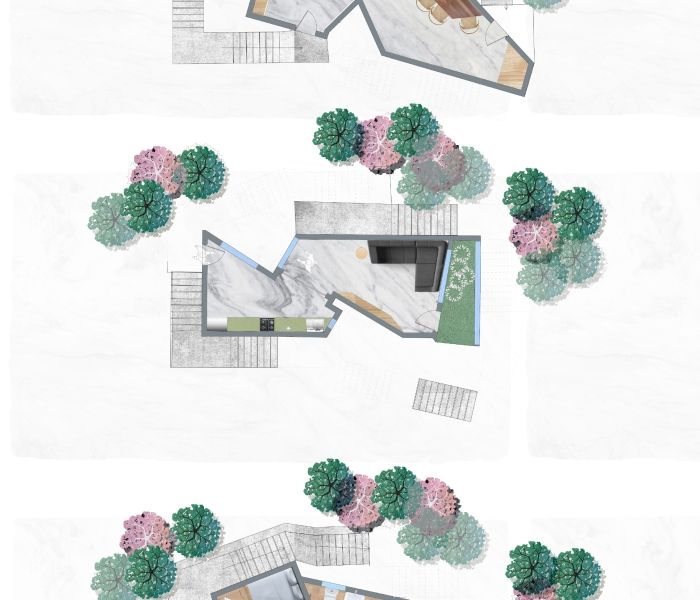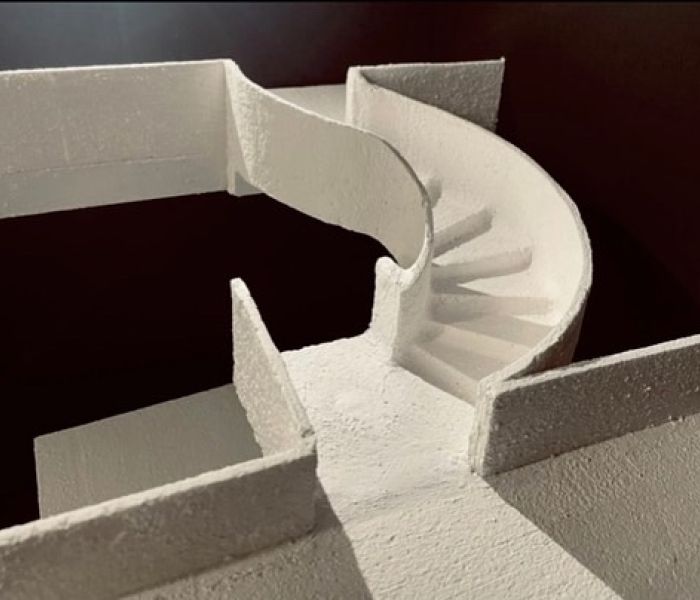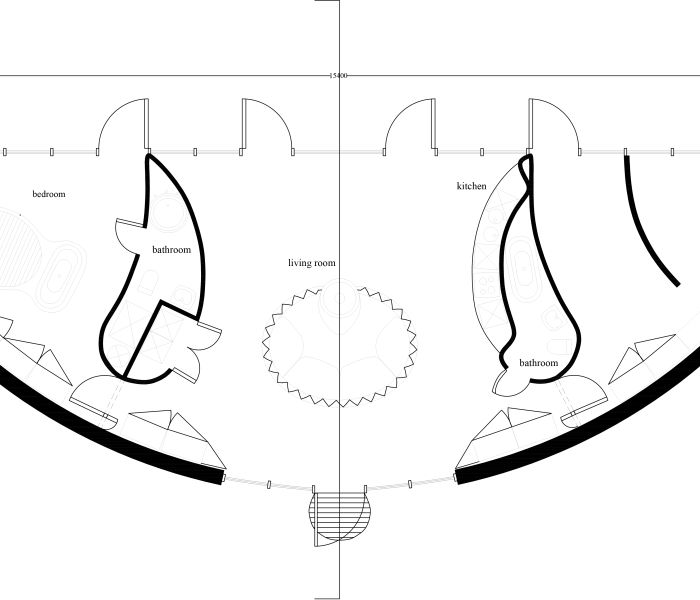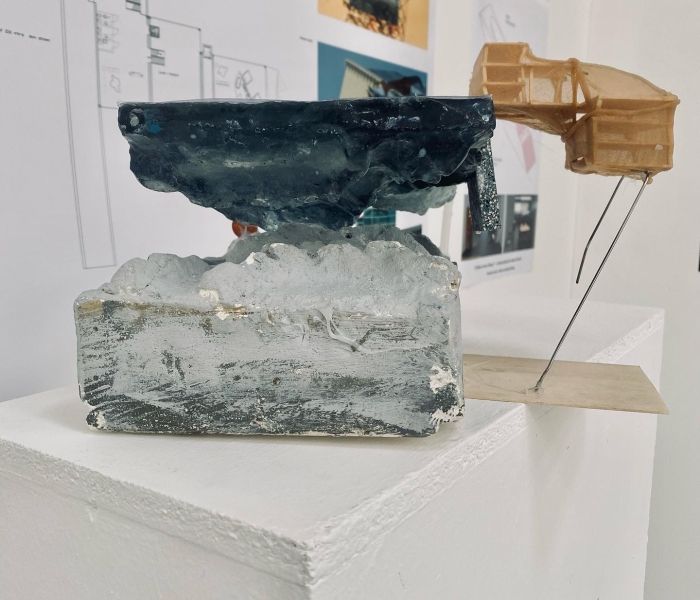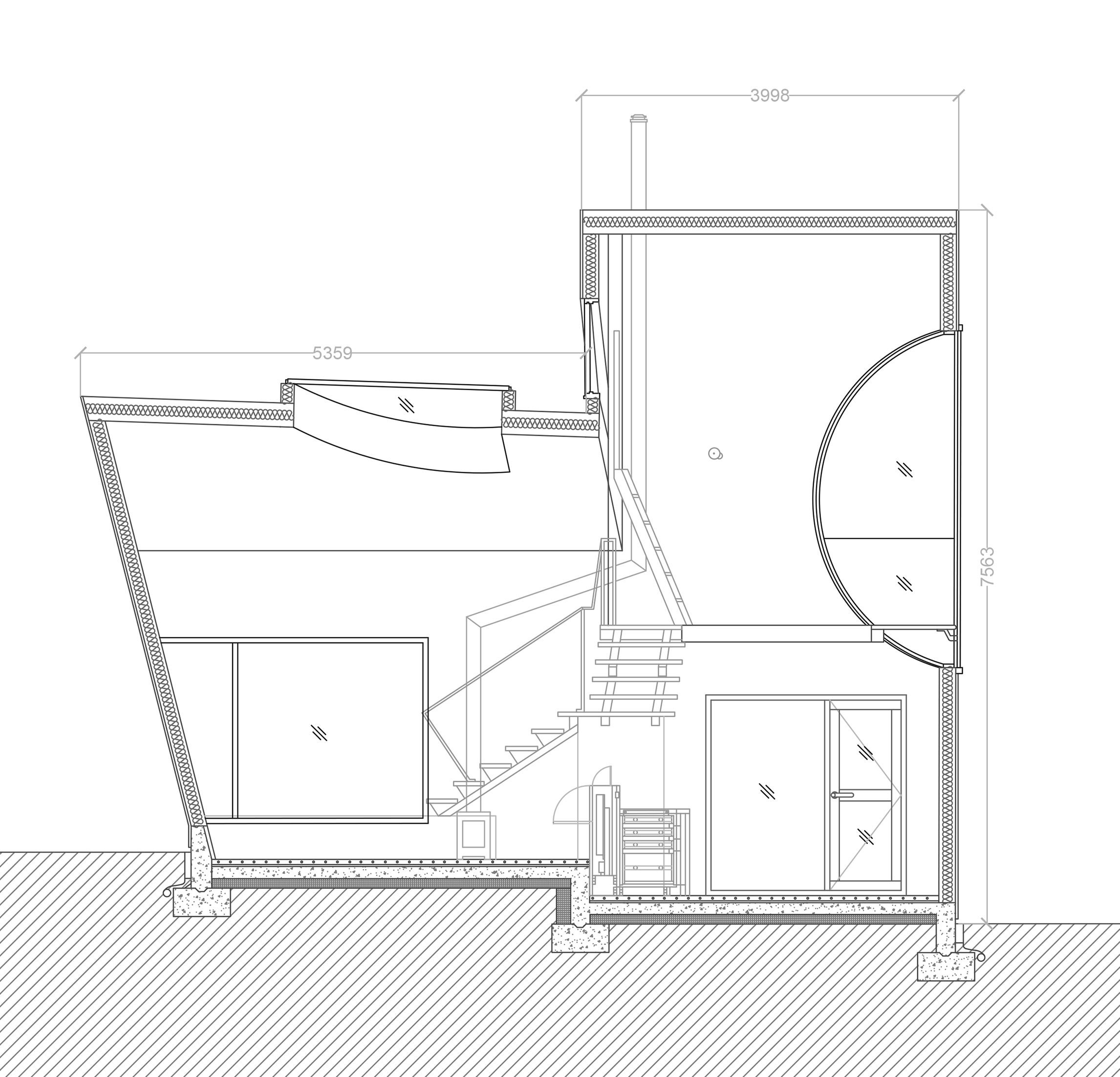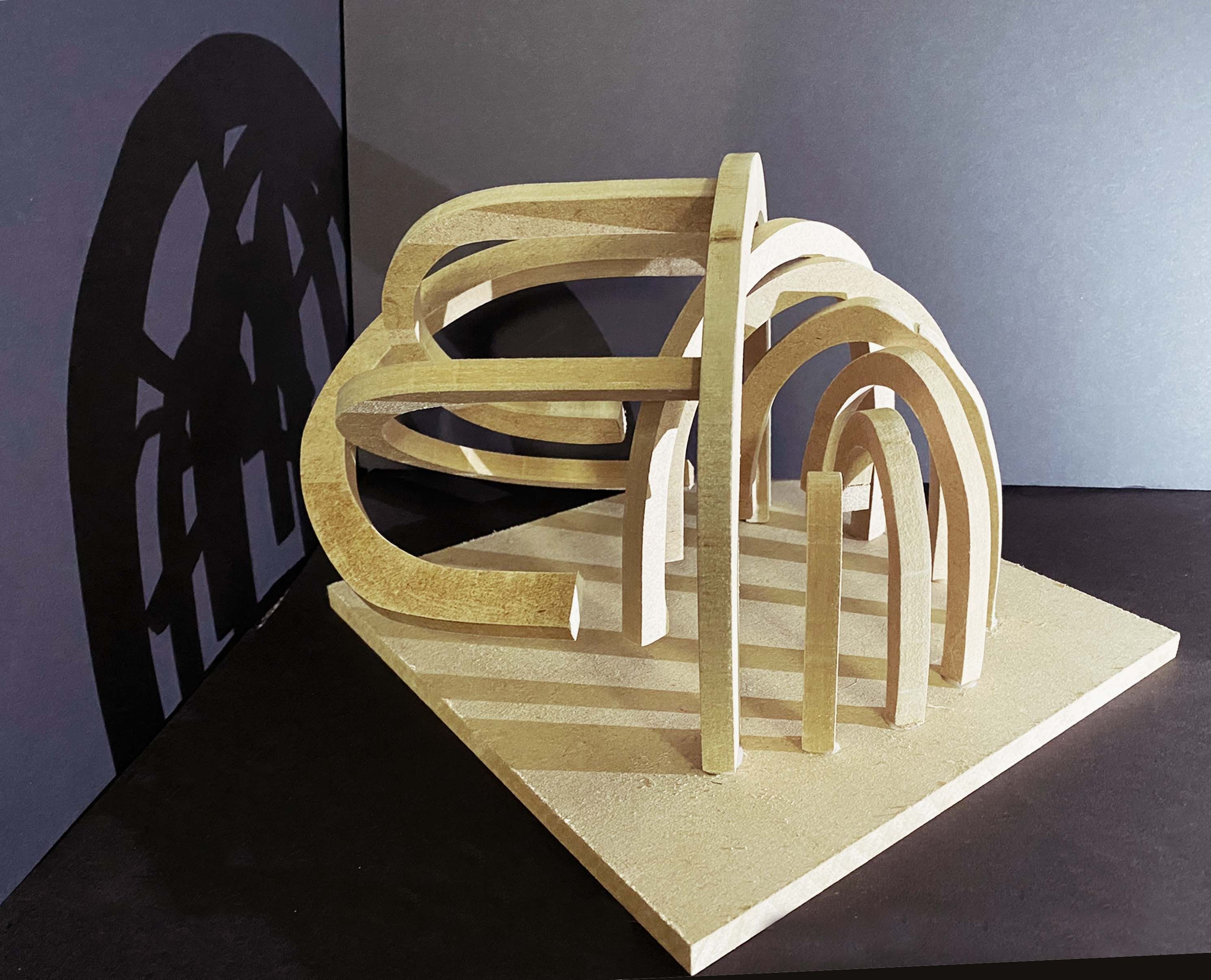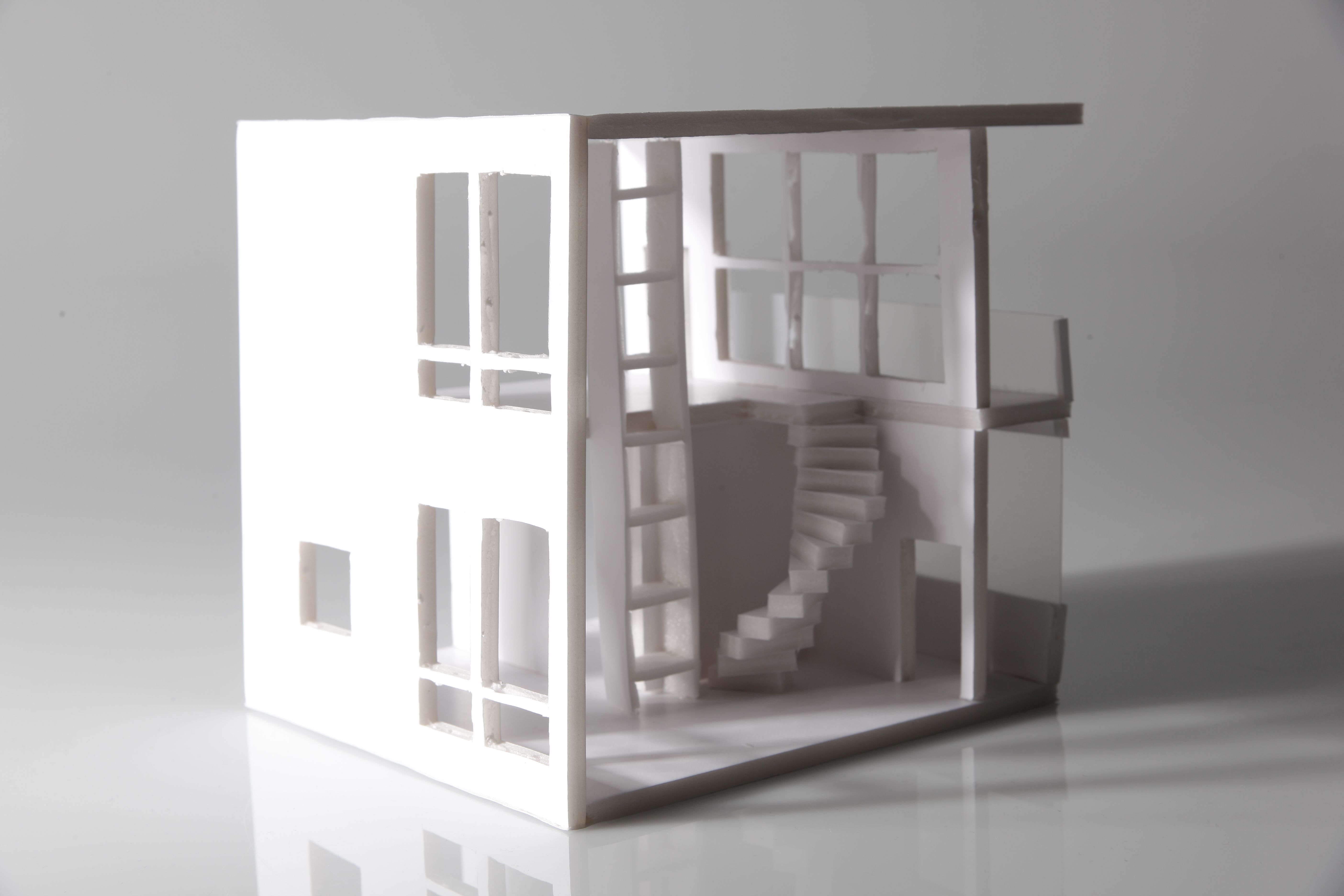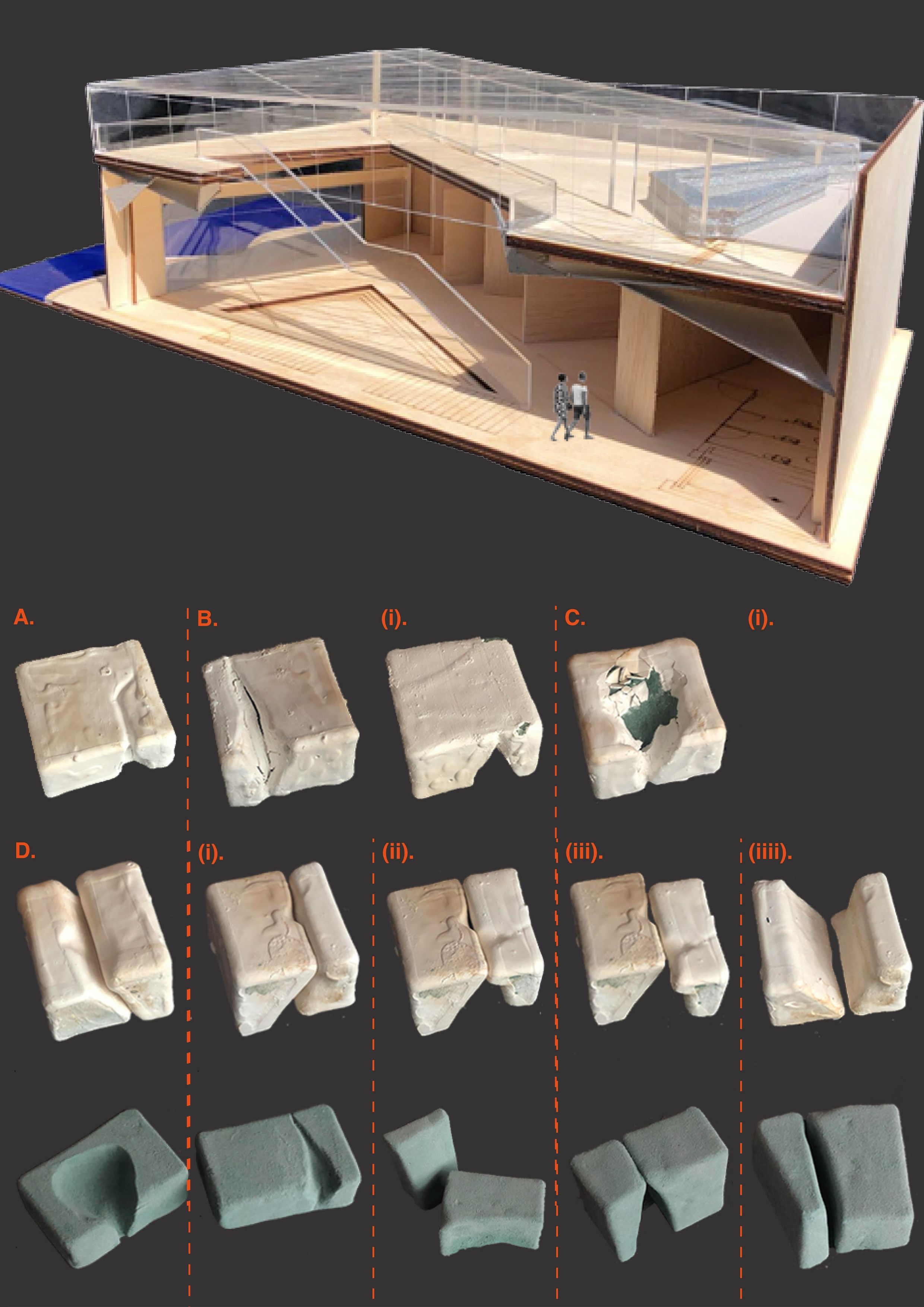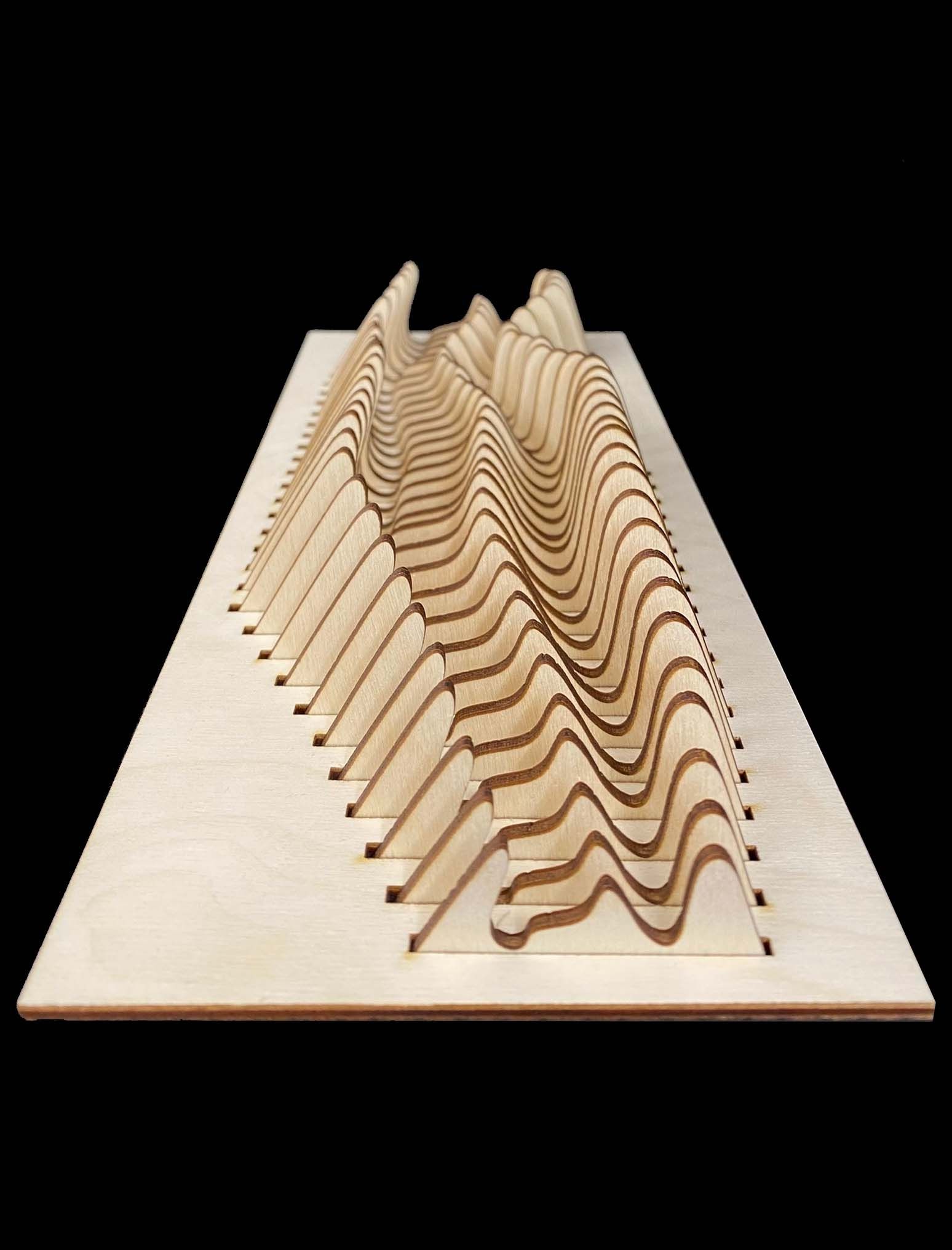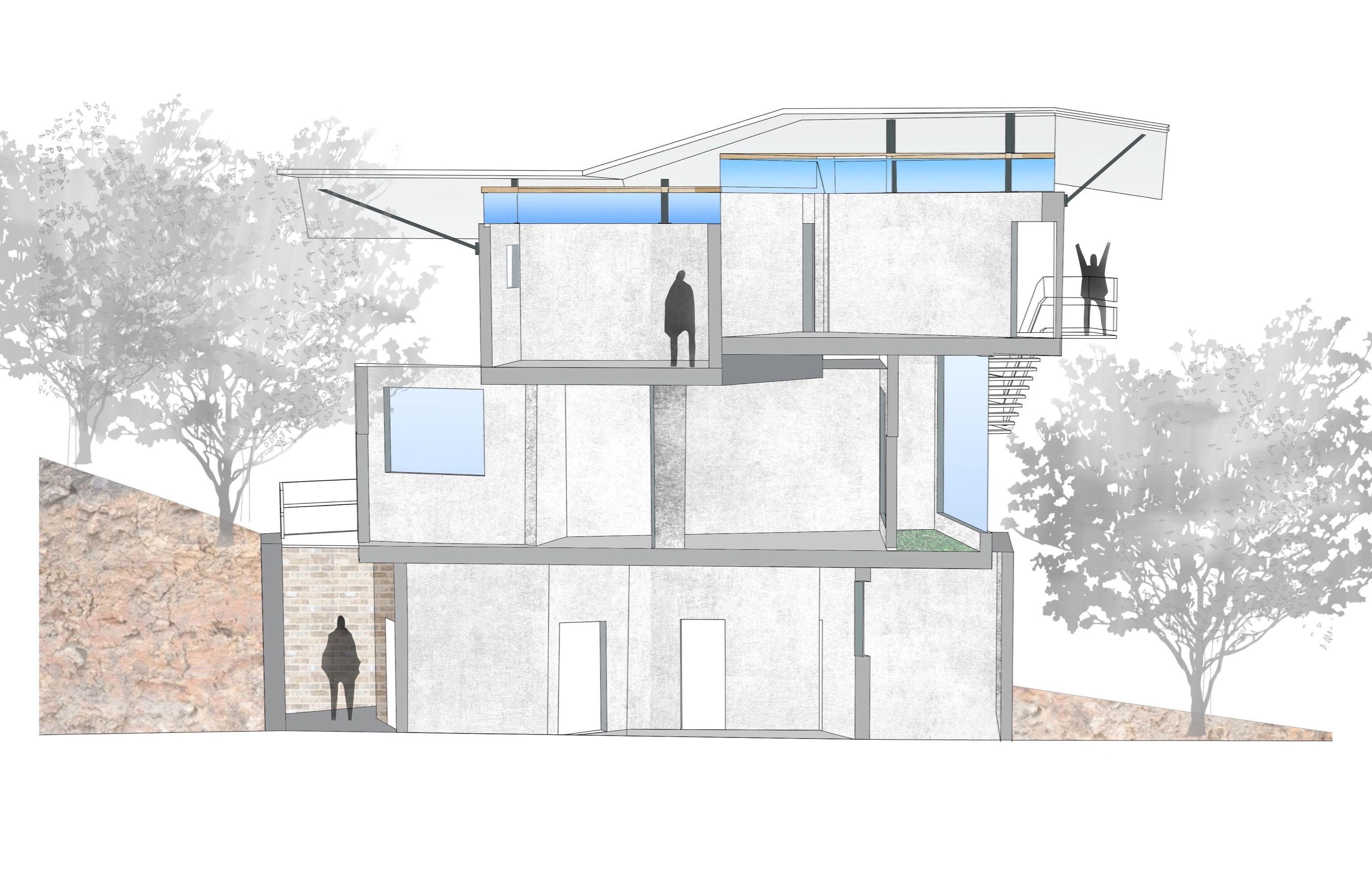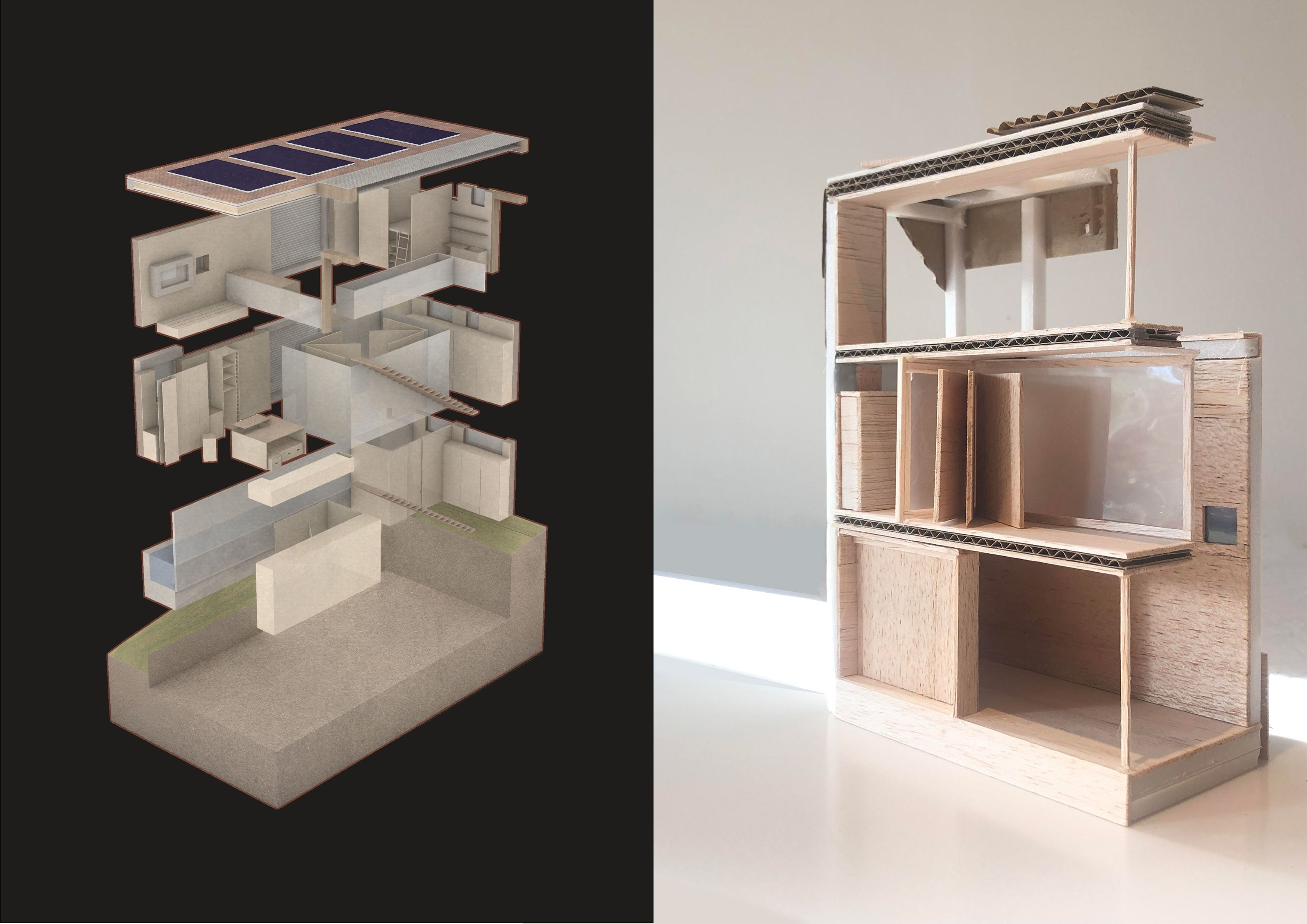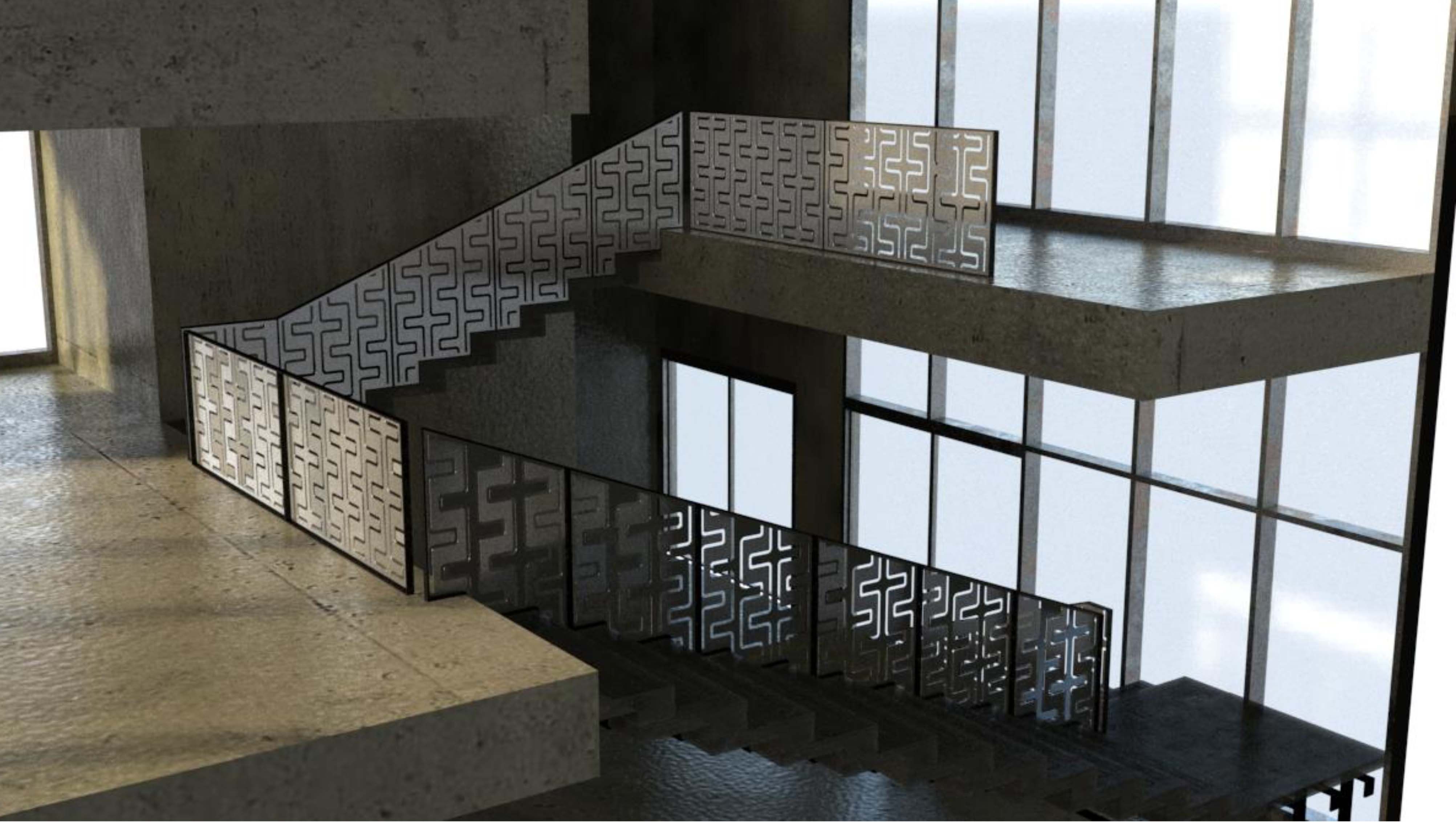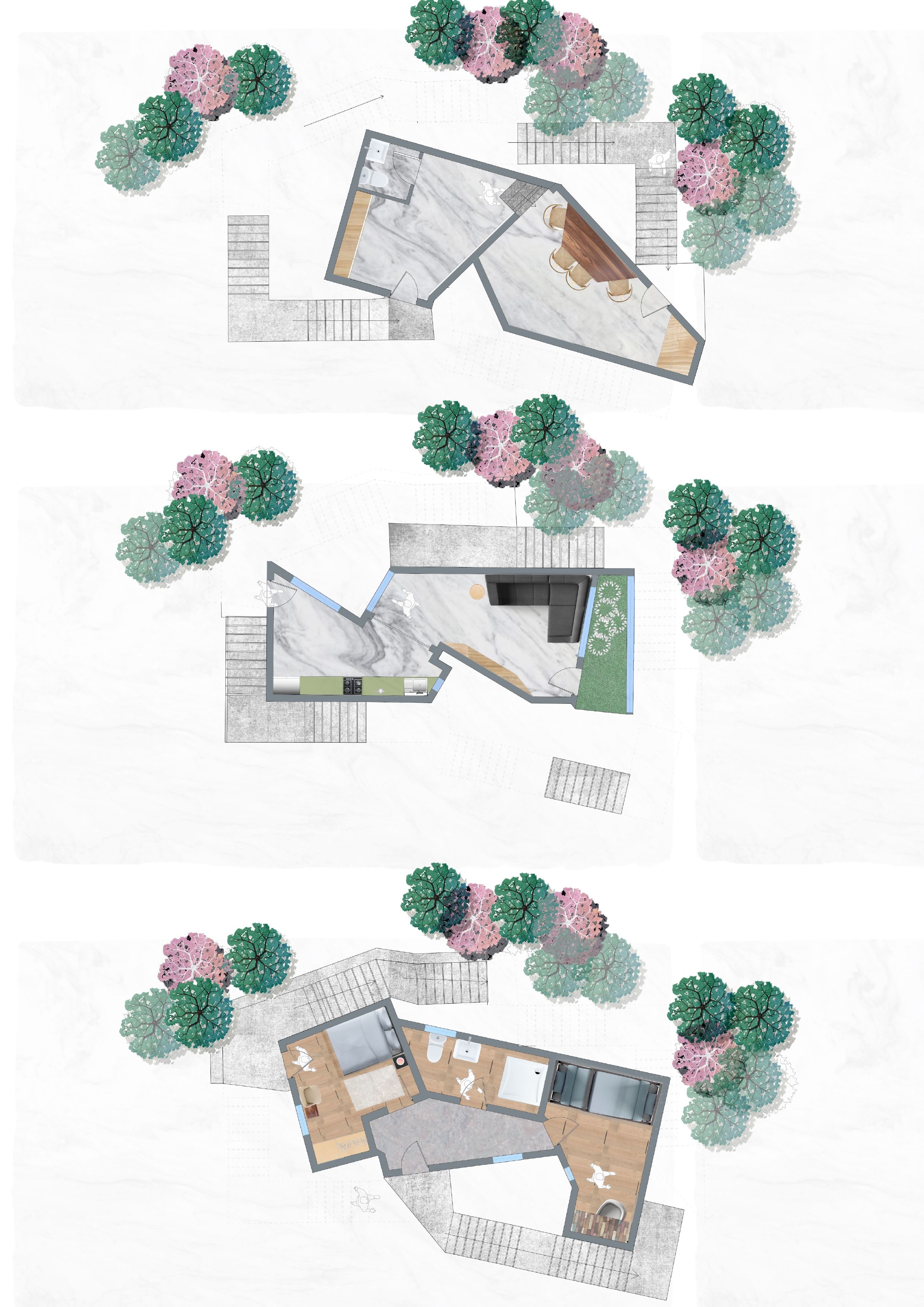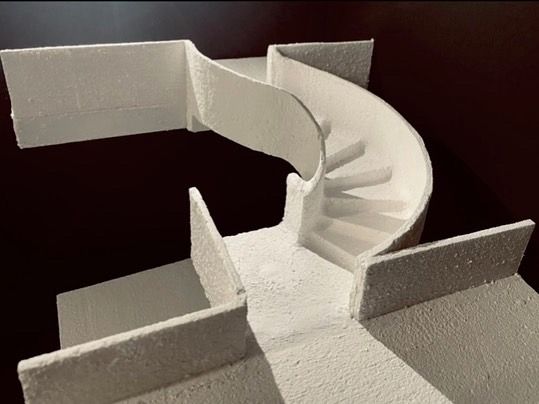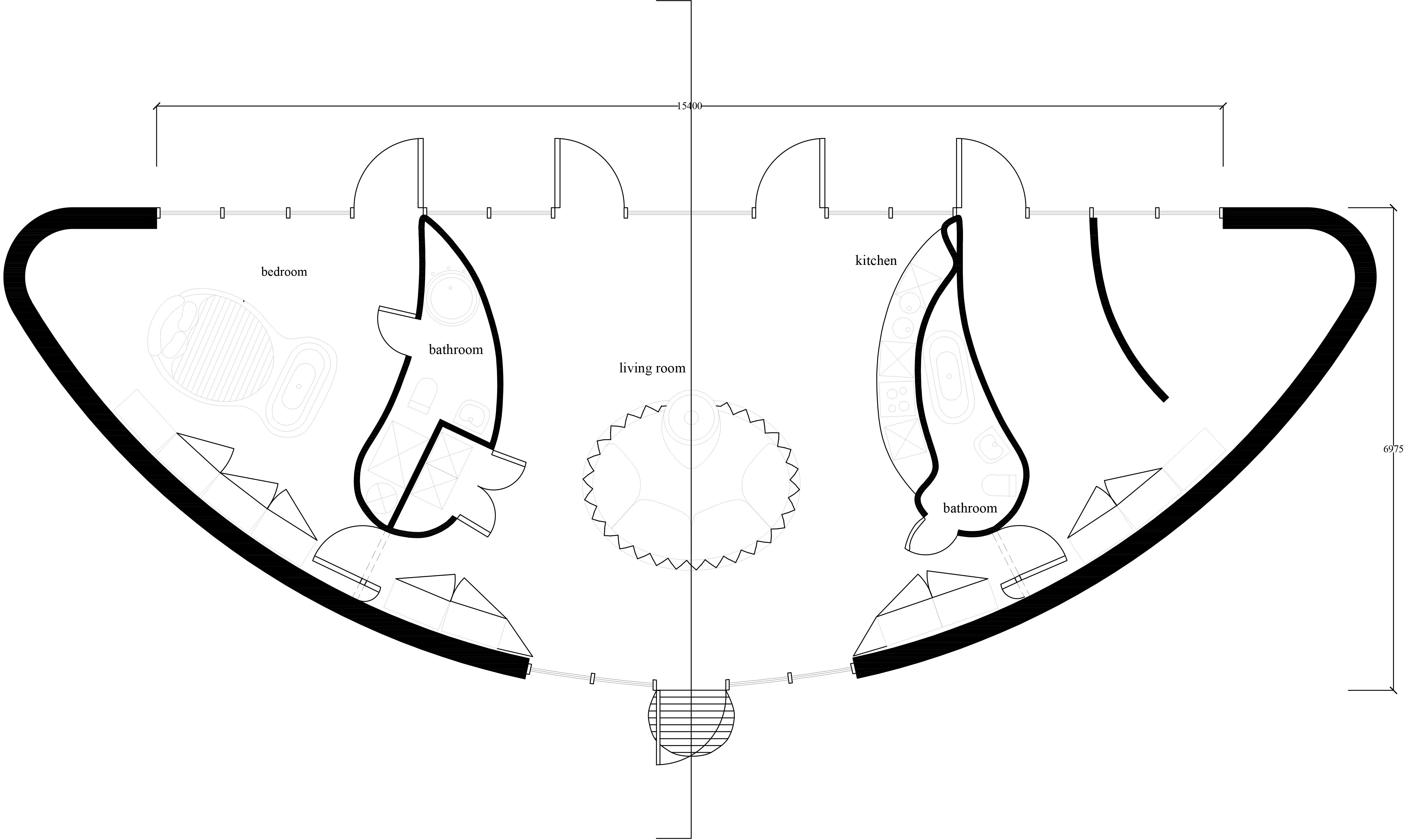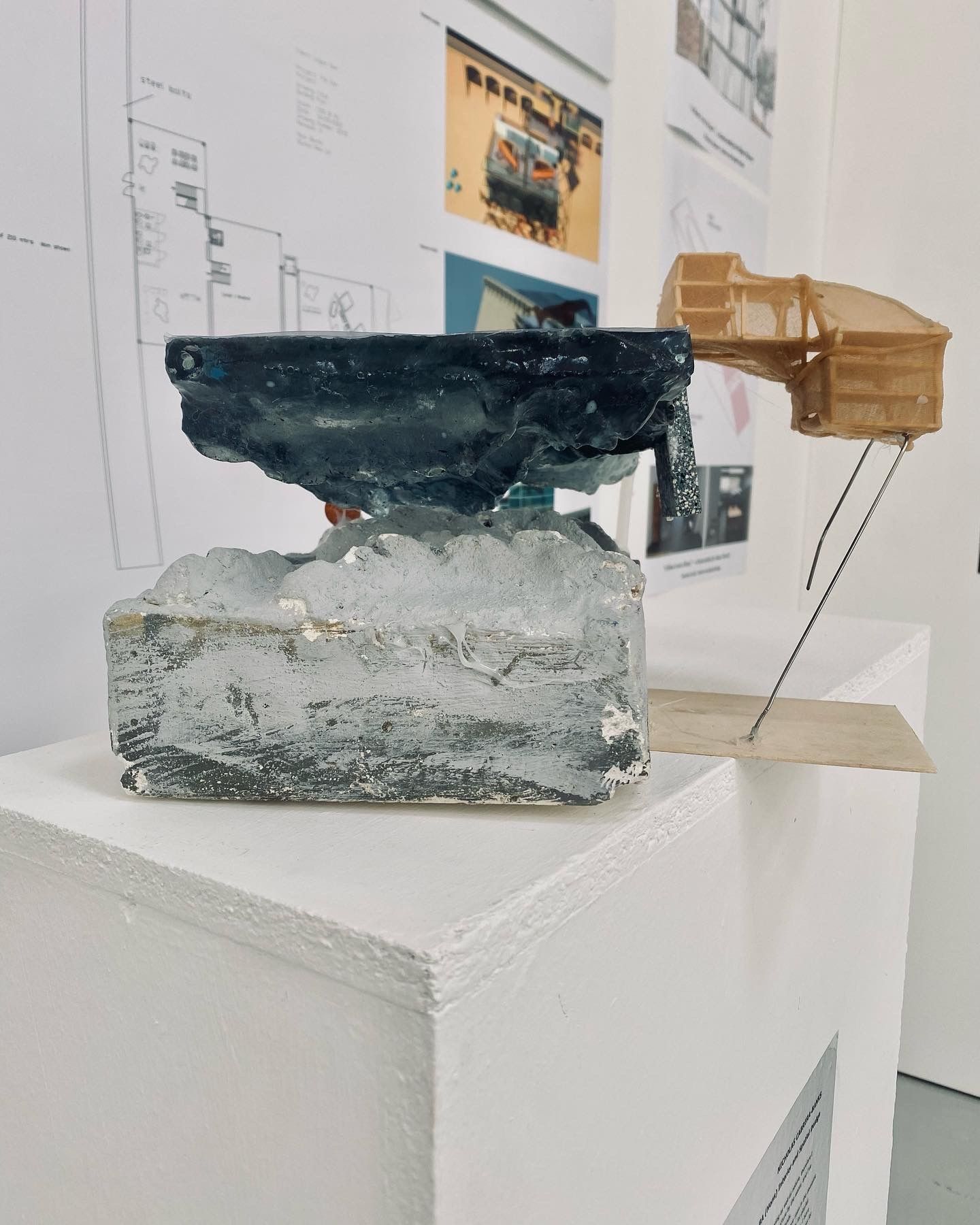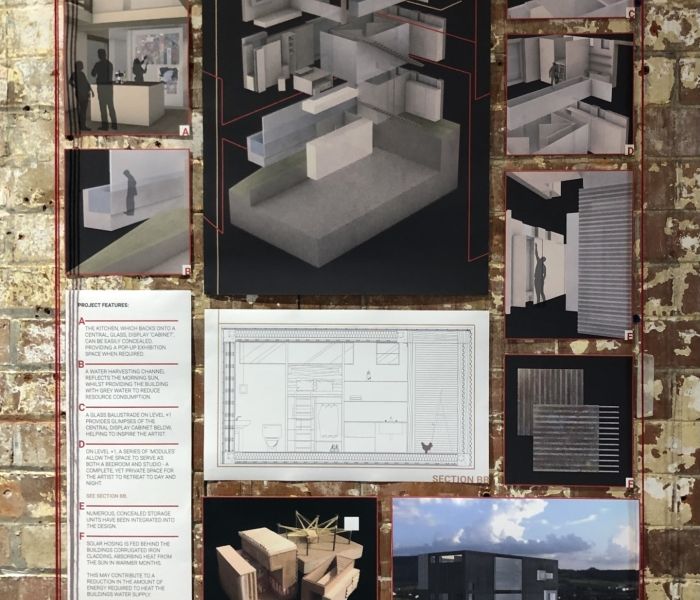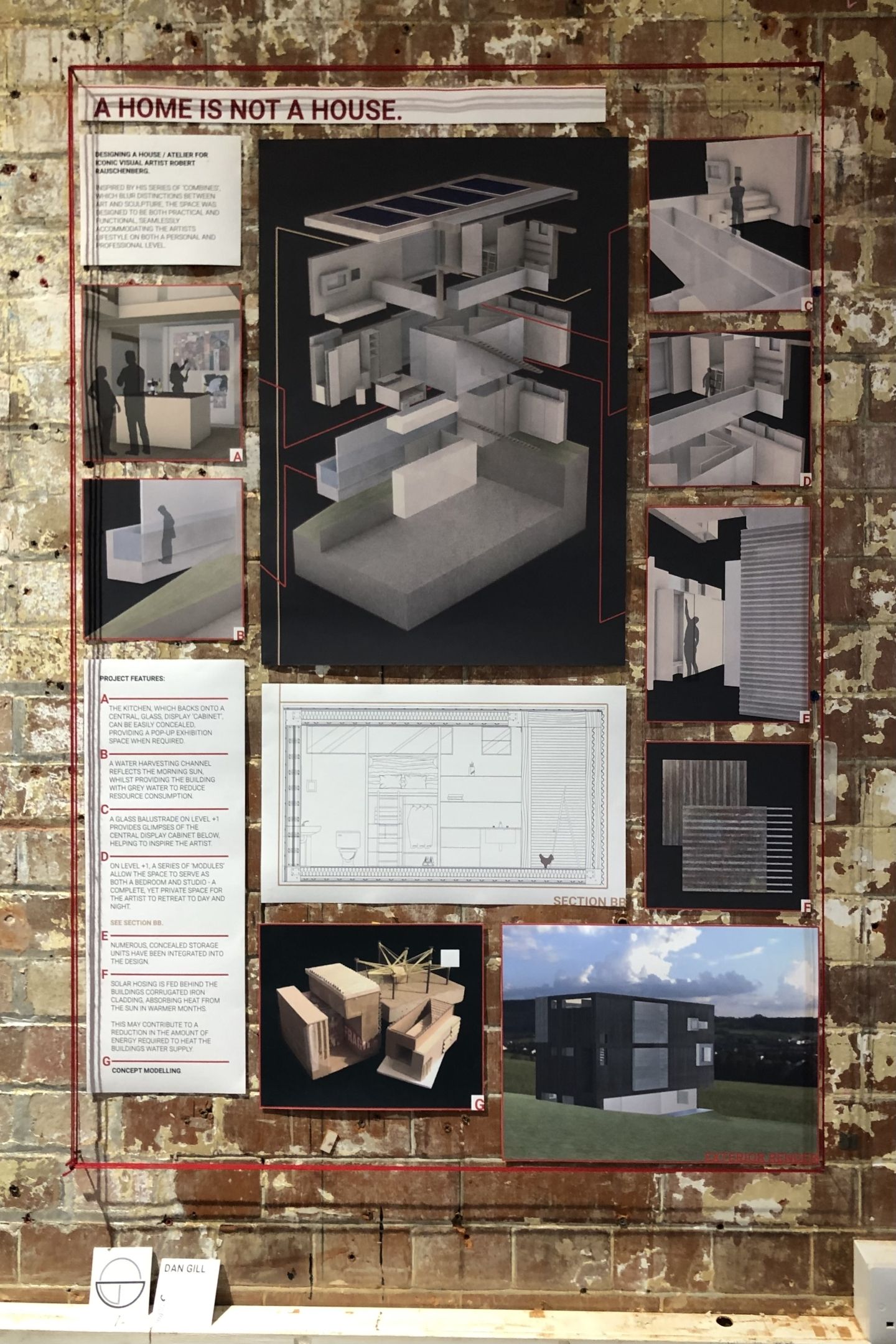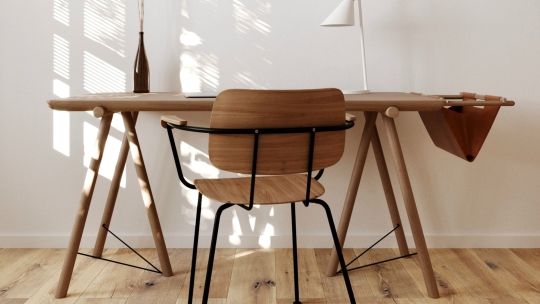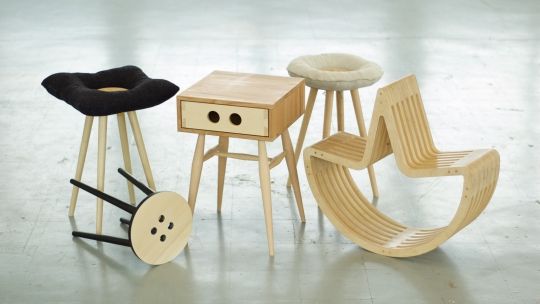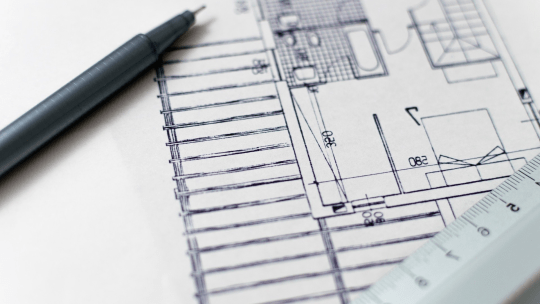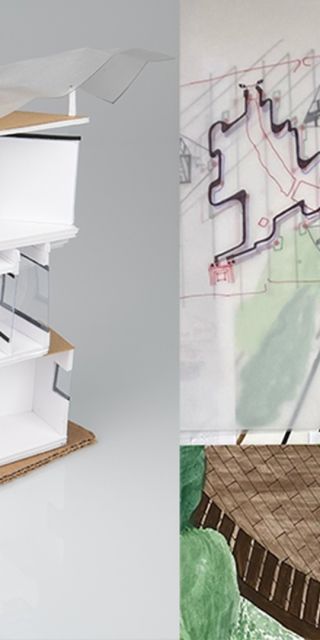
BA (Hons) Interior and Spatial Design
- Study Mode: Full Time
- Location: High Wycombe
- Duration: Three or Four Years
- Start Date: September 2024
You can also study this course:
Work, play, learn; everything we do happens in a space. This interior design degree will equip you with the knowledge and skills to turn these spaces into creative and innovative environments.
Accredited by the Society of British and International Design (SBID), this degree will focus on creative enhancement of architectural environments, involving the design of spaces through an articulation of how people inhabit, utilise and experience spaces and contexts.
Stay updated with all our latest BA (Hons) Interior and Spatial Design news by following us on Instagram @bnu_interior_spatial.
Why study BA (Hons) Interior and Spatial Design at BNU?
The course is accredited by the ‘UK’s leading accreditation body to the interior design industry’, SBID (Society of British and International Design). As well as this we are also a member of the network Interior Educators, here you’ll be able to take part in forums, exchange ideas and take part in competitions.
At BNU we understand that a high standard of facilities is key to your growth and development as a designer.
The course gives you access to a wide range of resources including digital suites, where you will learn how to use Auto CAD, Rhino and other software such as Photoshop and InDesign. You’ll also have the opportunity to develop your studio and workshop-based model-making skills using our laser cutting and 3D printing equipment.
You’ll find yourself based in the designated studio for the course, where you’ll have an individual workspace, where you can hang inspiration, designs and ideas. The studio encourages professional learning as it mirrors practices within the profession.
Led by a dedicated teaching team with a wealth of experience within the interior and spatial design, exhibition design, landscape design, model-making and design visualisation and animation industry. Many of your tutors on this course are also involved with design practice and research.
Not only will you benefit from a rich and varied programme, you’ll also have direct access to guest lectures, potential live project briefs, master classes, and plenty of networking opportunities with leading designers.
Our external partners and collaborators include interior designers, architects, exhibition and event designers, museums and music industry contacts. The course offers study trips to London and abroad, focussing on the discovery and understanding of design and its consequences by visiting world renown architectural and design practices. Additionally, our alumni who are practicing internationally, continue to offer work opportunities to you.
This programme focuses on the creative enhancement of architectural environments, involving the design of spaces. By working through sequences of projects, you will acquire a wide range of creative and technical skills which enable you to complete design projects from concept to final presentation.
The programme is aimed at those who passionately want to produce designs for the spaces in which we live, work and engage in leisure activities. You will convert and renovate existing buildings as well as design new structures and spaces.
Opportunity modules are a key part of the BNU curriculum. You’ll choose modules in your first year from a broad selection in areas such as sustainability, entrepreneurship, creativity, digital skills, personal growth, civic engagement, health & wellbeing and employment. Opportunity modules are designed to enable you to develop outside the traditional boundaries of your discipline and help you to further stand out from the crowd to future employers.
By studying this course, you will develop as multi-disciplinary designers, with opportunities to develop different aspects of Interior and Spatial Design. The strong grounding you will acquire in the subject enables you to follow career ambitions within the profession or progress to postgraduate studies upon graduation.
Getting an internship takes a lot of work, but I got a lot of support from my tutors. Doing something you're truly passionate about is incredibly rewarding: in only a few weeks, it has already had a positive impact on my confidence and ability as a designer and I am excited to see where this path takes me.Charlotte Jacobs
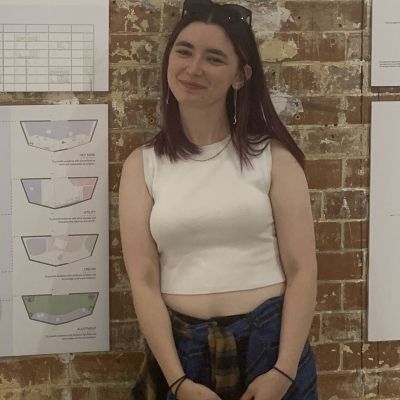
What will I study?
This course is also offered as a four-year programme, including an initial Foundation Year. The Foundation Year will allow you to develop your academic study skills and build confidence in your abilities, identifying your own strengths and development needs for progression onto an undergraduate programme.
At the start of the degree our broad-based approach will help develop your understanding of a range of design practices and the pathways available to you after graduation.
The degree embeds core professional skills as design tools in the early stages of the course, such as freehand drawing, model making, object fabrication, technical drawing, 3D modelling and digital visualization. You will learn how to design and specify fixtures and fittings as well as materials for construction, evaluate processes, and communicate how spaces are built.
Upon graduation you should be able to solve interior and spatial design issues and produce detailed and construction drawings for spaces and structures referring to building regulations, as well as specify and source fixtures, fittings and materials.
Our aim is to provide you with the knowledge, understanding and skills to work in professional Interior and Spatial Design practice. We want to develop you as individual, creative, confident and innovative designers with skills in research, conceptualisation, realisation and communication. The programme seeks those who are creative thinkers with initiative who want to respond to the challenges of working on design projects within the local community, in London, nationally and internationally.
How will I be taught and assessed?
As an interior and spatial design student you’ll have to complete a series of modules and projects across your time spent studying with us. Projects are designed to present new challenges to you as you progress through the course. They involve working with varied sites, clients and requirements. By the end of your time with BNU, you’ll benefit from a full portfolio to go to employers with.
The Interior and Spatial Design degree allowed me to explore an area of design I had not yet encountered which I found intriguing.Danielle Bailey
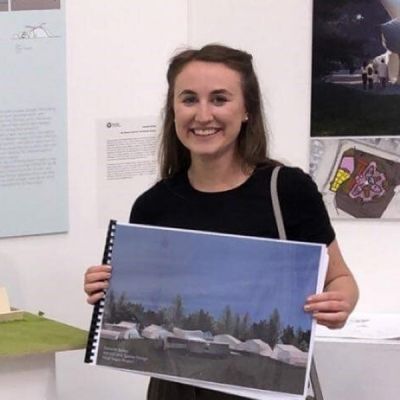
You’ll also benefit from lecturers, 1:1 or small group tutorials, seminars that enable open discussions, guided research and reading, group critiques and self-directed study.
We also aim to provide industry brief opportunities for you to apply your knowledge, skills and understanding into real-world contexts. The theoretical underpinning of practice encourages the development of critical perspectives in relation to the language of design.
On the Interior and Spatial Design course I have the opportunity to develop my ideas, style and designs through live projects, briefs and modules. I really enjoy the freedom that I get from concept to creating. This freedom has seen me learning to work with wood, metal and 3D printers, among other mediums that give life to my ideas.Kotsi Mariaelen
What are the course entry requirements?
A typical offer will require a UCAS tariff score of: 88 - 112 (Full-time) or 32 - 56 (Foundation Year)
UCAS points can be obtained through qualifications such as A levels, T levels, BTEC or an Access to Higher Education course in a relevant subject. Please list all your qualifications on the application form as you will be asked to provide copies when we receive your application.
A minimum of two full A-levels (or equivalent) is required. Every application is considered on an individual basis.
Applicants will need to complete an interview and/or demonstrate portfolio work, further guidance is given on the interview and portfolio advice section.
For further details of our international English entry requirements, please visit our international pages.
Applicants who do not meet the minimum requirements for the three-year undergraduate programme, or those who do not feel fully prepared for a degree course, can apply for a four-year programme including a Foundation Year; find out more.
Modules
This provides a guide of the modules that make up your course. You can find more information about how your course is structured on our Academic Advice section.
This course has Opportunity modules.
Opportunity modules are a key part of the BNU curriculum. You’ll choose modules in your first year from a broad selection in areas such as sustainability, entrepreneurship, creativity, digital skills, personal growth, civic engagement, health & wellbeing and employment. Opportunity modules are designed to enable you to develop outside the traditional boundaries of your discipline and help you to further stand out from the crowd to future employers. Find out more.
You must choose 2 x 10 credit Level 4 Opportunity modules.
What are the tuition fees
Home
-
Home, Academic Year 2024 - 2025: £9,250 per year
International
-
Overseas/International, Academic Year 2024 - 2025: £15,150 per year
What are my career prospects?
Throughout your time with us we’ll support you on the route to your chosen career. We’ll help you to develop crucial skills, encouraging you to become enterprising, employable and good leaders. Our Careers and Employability Team also help you find employment after graduation.
As a contemporary designer, you'll have excellent knowledge of recent developments in the field of Interior and Spatial design. Our BA (Hons) Interior and Spatial Design course will help prepare you for a range of career possibilities, such as:
- Interior Designer
- Interior Decorator
- Exhibition and Event Designer
- Visual Merchandiser
- Display Designer
- Production and Set Designer
- Model-Maker.
You may also wish to stay on at Buckinghamshire New University and study our full-time or part-time Postgraduate Courses.
BNU provides multiple workshops which allowed me experience new techniques in modelmaking. Personal feedback from my tutors helped me to focus on strengths and push to a higher level of my projects. Persistence is key for a job hunt: before starting a role as a Junior Designer I got a lot of support from my university tutor in advising. I see this job as a beginning of a new chapter of being a designer.Aneta Walczak Recent graduate and designer at Area

Course leader
